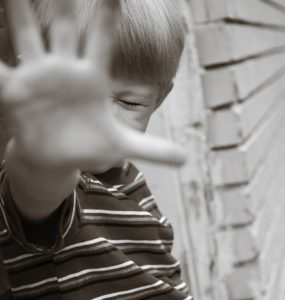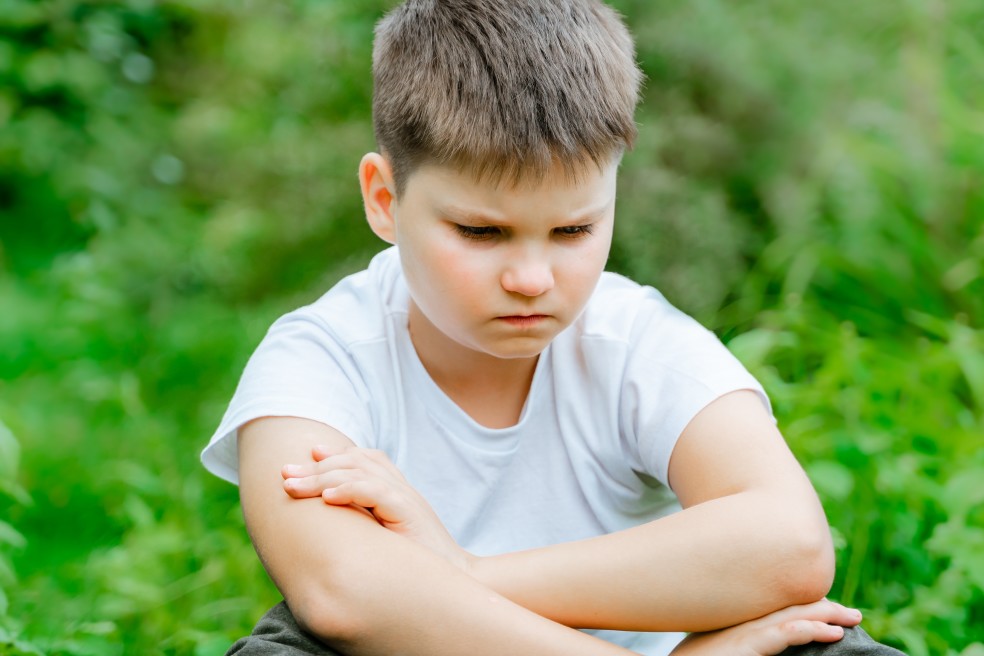Helicopter Parenting May Negatively Affect Children’s Emotional Well-Being, Behavior
 It’s natural for parents to do whatever they can to keep their children safe and healthy, but children need space to learn and grow on their own, without Mom or Dad hovering over them, according to new research published by the American Psychological Association. The study, published in the journal Developmental Psychology, found that overcontrolling parenting can negatively affect a child’s ability to manage his or her emotions and behavior.
It’s natural for parents to do whatever they can to keep their children safe and healthy, but children need space to learn and grow on their own, without Mom or Dad hovering over them, according to new research published by the American Psychological Association. The study, published in the journal Developmental Psychology, found that overcontrolling parenting can negatively affect a child’s ability to manage his or her emotions and behavior.
“Our research showed that children with helicopter parents may be less able to deal with the challenging demands of growing up, especially with navigating the complex school environment,” said Nicole B. Perry, PhD, from the University of Minnesota, and lead author of the study. “Children who cannot regulate their emotions and behavior effectively are more likely to act out in the classroom, to have a harder time making friends and to struggle in school.”
Children rely on caregivers for guidance and understanding of their emotions. They need parents who are sensitive to their needs, who recognize when they are capable of managing a situation and who will guide them when emotional situations become too challenging. This helps children develop the ability to handle challenging situations on their own as they grow up, and leads to better mental and physical health, healthier social relationships and academic success. Managing emotions and behavior are fundamental skills that all children need to learn and overcontrolling parenting can limits those opportunities, according to Perry.
The researchers followed the same 422 children over the course of eight years and assessed them at ages 2, 5 and 10, as part of a study of social and emotional development. Children in the study were predominantly white and African-American and from economically diverse backgrounds. Data were collected from observations of parent-child interactions, teacher-reported responses and self-reports from the 10-year-olds.
Overcontrolling parenting when a child was 2 was associated with poorer emotional and behavioral regulation at age 5, the researchers found. Conversely, the greater a child’s emotional regulation at age 5, the less likely he or she was to have emotional problems and the more likely he or she was to have better social skills and be more productive in school at age 10. Similarly, by age 10, children with better impulse control were less likely to experience emotional and social problems and were more likely to do better in school.
Perry suggested that parents can help their children learn to control their emotions and behavior by talking with them about how to understand their feelings and by explaining what behaviors may result from feeling certain emotions, as well as the consequences of different responses. Then parents can help their children identify positive coping strategies, like deep breathing, listening to music, coloring or retreating to a quiet space.
Read the full press release about this research on the American Psychological Association webite.
To schedule an evaluation or to get advice about your child’s challenges, call or email a CHC Care Coordinator at 650.688.3625 or careteam@chconline.org





